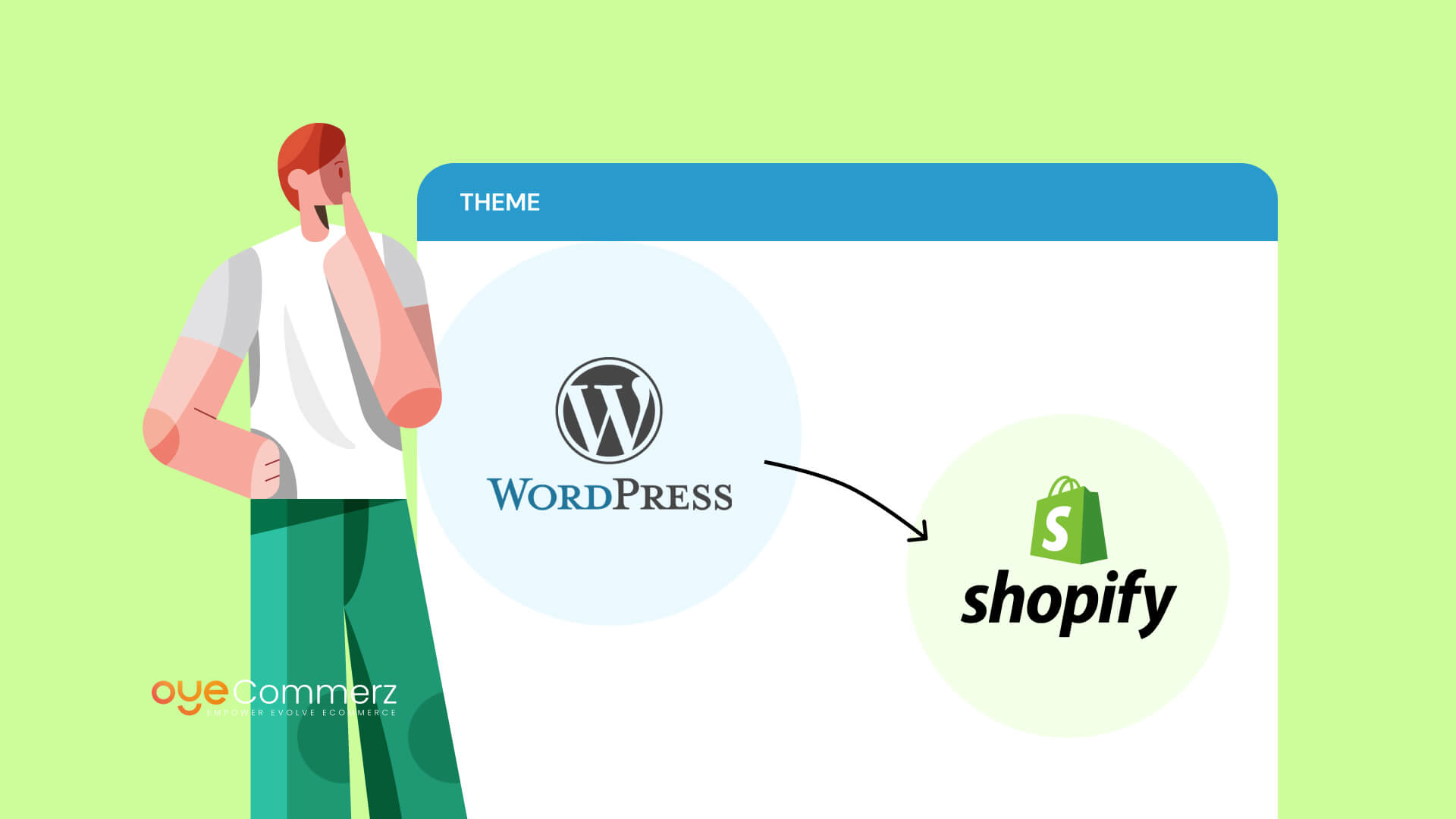In the constantly changing world of digital commerce, selecting the right solution is essential for your brand’s prosperity. If you’re currently using WordPress and planning a migration to Shopify, you’re not alone. Numerous businesses are shifting to utilize Shopify’s comprehensive tools, simplicity, and expandability. This guide will guide you on the journey of migrating from WP to Shopify seamlessly, ensuring that you achieve your online retail potential.
Why Transition from WordPress to Shopify?
Before diving into the migration journey, it’s crucial to know why this shift can be beneficial for your digital storefront:
Accessible Tools: Shopify provides an user-friendly interface that makes easier store handling, allowing for non-technical users.
Scalability: As your business develops, Shopify can handle increased visitors and sales without sacrificing speed.
Built-in Tools: Shopify comes with pre-installed features for SEO, analytics, payment processing, and much more, minimizing the requirement for numerous plugins.
Enhanced Security: With Shopify, you utilize strong security measures that secure confidential customer data.
Steps for a Smooth Migration
Migrating your digital shop from WP to Shopify requires several actions.
Here’s the way to facilitate a successful transition:
Plan Your Migration Plan
Start by outlining your migration strategy. Identify which aspects of your current site you wish to migrate, such as:
Inventory information
User details
Order history
Posts
Choose the Best Migration Package
Considering your needs, choose a migration package that fits your store. OyeCommerz provides multiple choices:
Entry-Level Plan: Ideal for small stores with minimal products.
Standard Migration Package: Appropriate for medium-sized businesses with more complex needs.
Premium Migration Package: Excellent for high-volume stores needing custom customization.
Secure Your Content
Prior to beginning the migration, ensure that you have a complete copy of your WP site. This step is essential in the event anything goes awry during the transfer.
Retrieve Your Content from WP
Utilize plugins or custom scripts to transfer key data from your WordPress site:
Inventory
Clients
Sales records
Articles
Migrate Content into Shopify
After you have your information extracted, use Shopify’s migration apps or specialized apps to migrate your data into your Shopify store. Confirm that all information is correctly formatted and aligned.
Adapt Your Shopify Store
After migrating information, adjust your Shopify platform’s theme to match with your style. Look into hiring a designer if you want detailed customization.
Establish TransactionOptions and Logistics
Set up billing solutions and shipping settings in Shopify to ensure a seamless purchase experience for customers.
Adopt SEO Standards
To preserve your WordPress to Shopify with OyeCommerz search engine rankings during the transition:
Set up 301 URL mappings from previous URLs to updated ones.
Refresh descriptions.
Enhance media and text for better ranking.
Review Your Updated Shop
Prior to launching, completely check your Shopify platform. Look out for any broken links, transaction errors, or missing data.
Publish Your Site
Once everything is in place, it’s time to launch! Inform the update to your users and invite them to experience the updated features of your Shopify store.
Post-Migration Support
Even after releasing your Shopify store, continued help is important. Think about working with experts who can guide with:
Site maintenance
Customer engagement
Improvement strategies
Conclusion
Migrating from WP to Shopify can be a crucial decision for your digital business. By using this guide and leveraging experts like those offered by industry leaders, you can Shopify for eCommerce growth ensure a seamless transition that enhances your business potential. Adapt to the opportunity and realize the potential of Shopify today!
